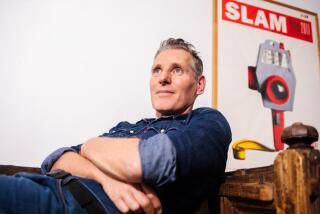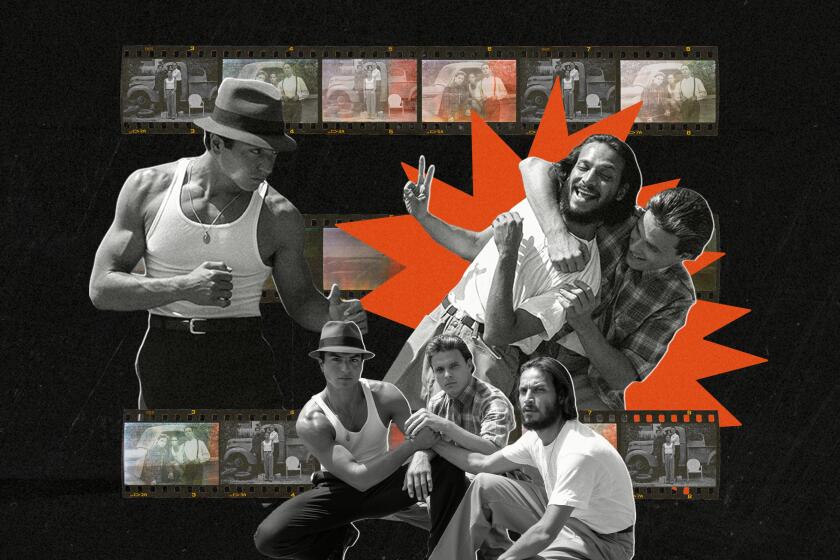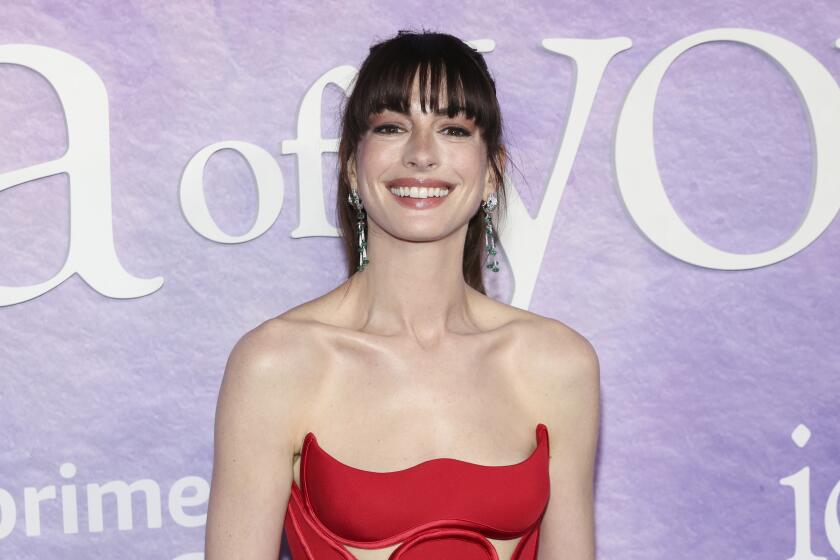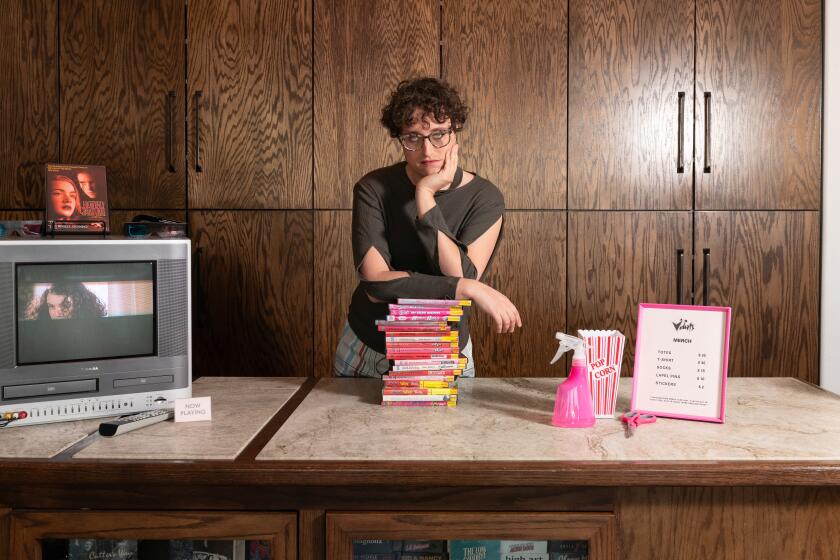Thanks, HBO, for burying his cause
IN the wake of HBO’ s disappointing and history-deranging adaptation of “Bury My Heart At Wounded Knee” [“The Last Stand,” May 27], American Indian actors, writers, aspiring directors and producers arrive at the end of the trail after their decades-long struggle to gain a footing in Hollywood: Our cause is lost in the American film and television industry.
With this film, the power brokers of the industry have demonstrated that their entertainment values and demands prevail over anything we say or do, write or create; that our history is for them to tell, to fictionalize, to distort with false love stories and character portrayals; and to trivialize all that is complex and tragic. HBO did not ask for or seek the guidance of any of the experienced American Indian creative professionals who might have helped steer them away from this debacle. Yes, Indian actors played the Indians, but that was all.
With breathtaking arrogance, this narrative forcibly inducts American Indians into the brotherhood of savagery as a way of universalizing them.
Genocide is dramatized as just as much the result of the mean-spirited and brutal behavior of American Indians, who were fighting for their very survival, as it was of the inhumanity of the American armies.
The last shreds of Indian nobility are eliminated once and for all.
The scriptwriter, Daniel Giat, confidently tells The Times, “My primary objective was to fully dimensionalize these people. Sitting Bull was vain. He was desperate to hold onto the esteem of his people and win the esteem of the whites. But I think in depicting his desperation and the measures he took in acting on it, it makes it all the more sad and tragic, and I think we identify with him all the more for it.”
To complete this grim, determined view, the film presents every Indian cliche imaginable in graphic, full-bodied images without context or explanation.
We’ve seen them all far too many times.
As students in the early 1970s, members of my generation of American Indians carried paperback copies of “Bury My Heart: in our backpacks as talismans of hope. Thirty-seven years later, we must sadly accept that HBO, the avatar of original TV programming, has failed to deliver a truthful, even recognizable telling of Dee Brown’s history.
HANAY GEIOGAMAH
Los Angeles
Geiogamah is a professor of theater at the UCLA School of Theater, Film and Television and director of the UCLA American Indian Studies Center
More to Read
Only good movies
Get the Indie Focus newsletter, Mark Olsen's weekly guide to the world of cinema.
You may occasionally receive promotional content from the Los Angeles Times.






